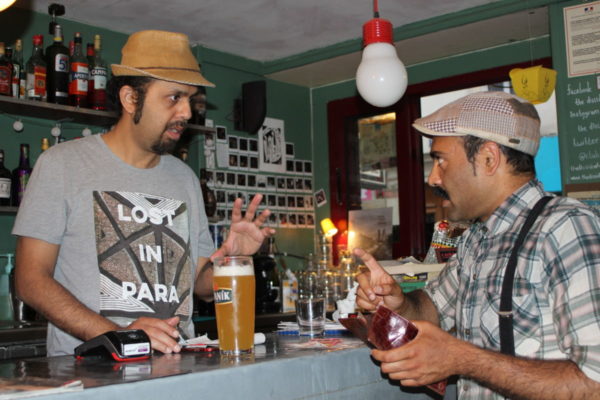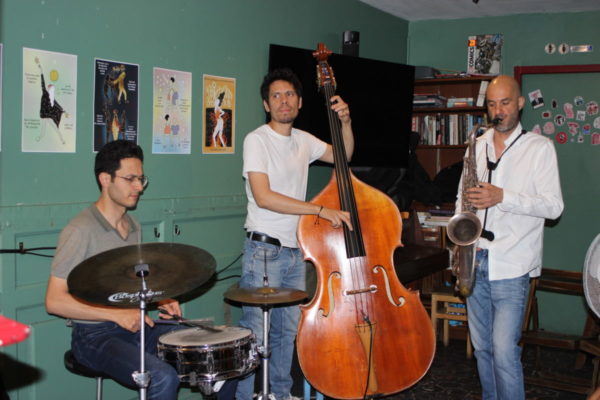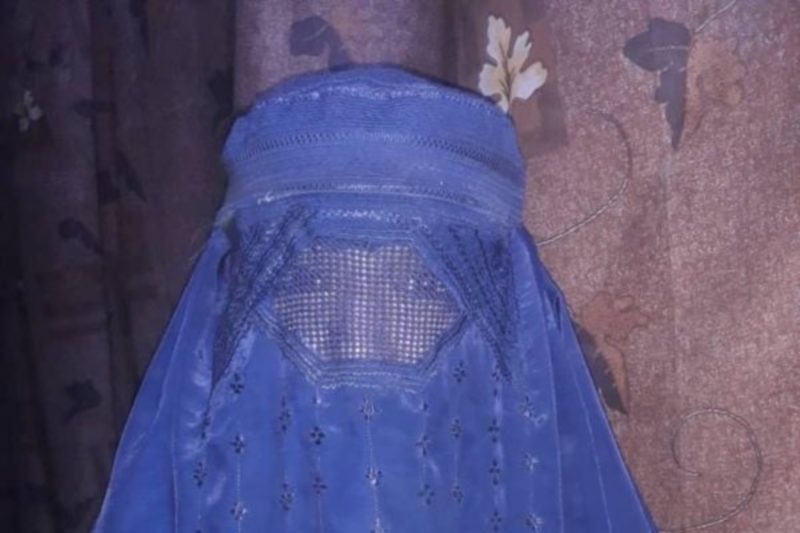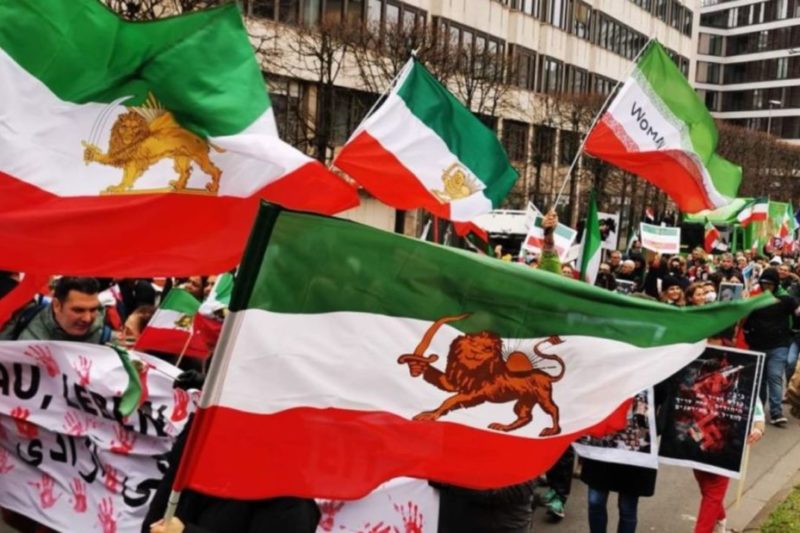Between Taha Siddiqui and « The Dissident Club », a successful story (2/2)

In Paris, the "Dissident Club" hosts various forms of political activism, debates, roundtable discussions, documentary screenings, and political art exhibitions.
Taha Siddiqui is an award-winning journalist and the author of the comic book entitled « Dissident Club ». He was kidnapped by armed men in Islamabad, Pakistan, in 2018.
Siddiqui received the Albert Londres Prize in 2014, France’s highest journalism award, for his reporting on the risks faced by health workers delivering polio vaccines in areas where extremist groups are active.
The comic book contains 264 pages, including illustrations. Siddiqui pointed out that his father believed that any depictions of the human body were « not allowed in Islam », which posed another challenge for him.
Fell in love with a Shia woman
In his book, Siddiqui discusses various aspects of his life, including his upbringing in a conservative religious family and environment that shaped his beliefs, which led him to renounce Islam.
During his journalism career, Siddiqui fell in love with a Shia woman. However, their religious differences – he as Sunni and she as Shia – stymied their relationship. Marrying her proved impossible due to their conflicting backgrounds.
This book has two parts, one about his failed kidnapping, and the second part focusing on Siddiqui’s love story, documenting his affection for the Shia woman. Despite being fellow Muslims, societal norms and family opposition hindered their union.
One of the book’s significant themes is their love story, as Siddiqui recounts his feelings for his intended spouse. He blames his father and society for not accepting marriages between Shia and Sunni individuals, preventing him from marrying his dream wife.
The division between Sunni and Shia sects prompted Siddiqui to question his religion and beliefs. He realised he needed to change himself, as societal pressures in Pakistan, including family, school, and media, influenced him significantly.
The breakup with his lover had a profound psychological and emotional impact on Siddiqui’s life. He refers to it as an « unsuccessful love story”.
In one of the book’s pages, a cartoon illustrates an armed man who caught his attention, signifying a significant event in his life.
A new life began
Siddiqui is now married to another Pakistani journalist and resides in Paris with their ten-year-old son. Although his journalism career in Pakistan came to an end, a new life began with the « Dissident Club ».
He owns a café with the same name, The Dissident Club, which serves as a place where politicians, journalists, and intellectuals can freely engage in discussions.

Transitioning from Islamabad to Paris, Siddiqui acknowledges the difficulties of starting a new life as a refugee, including becoming homeless, jobless, losing family, and facing psychological challenges.
Being a journalist and a refugee simultaneously posed language barriers in his new country. Unable to work as a journalist due to a lack of French proficiency, he opened « The Dissident Club » (NDLR : 58 Rue Richer, 75009 Paris, France).
Various forms of political activism
The club hosts various forms of political activism, debates, roundtable discussions, documentary screenings, and political art exhibitions. Activists from Afghanistan, Iran, Russia, Hong Kong, Tibet, Taiwan, Myanmar, Egypt, Sudan, Turkey, China and Europe participate in these discussions.
Siddiqui emphasises that even in the West, where many exiled individuals seek sanctuary, he provides a platform for them to share their experiences, discuss the dangers they face, and challenge the influence of authoritarian regimes.
While Siddiqui still considers himself a journalist, he acknowledges that he is more than that. He founded the club to bring people from different countries together to learn from each other, share their stories, and form a community of exiles.
In a small coffee bar, Siddiqui met people from diverse backgrounds, including political party members working in the French Senate, a photographer, a Polish man who had worked with the government, an Indian lady, and a few French individuals. The bar occasionally hosts live music and serves as a meeting place for dissidents from various countries.
Siddiqui introduced a group of musicians who played in different bars in Paris. A young woman, associated with the far-right or radical right, spoke about her involvement in the French political scene and her experiences during the 2022 elections. She appreciated the unique atmosphere of the bar and its owner’s interesting background, which attracted diverse people.
She emphasised the significance of her work in the French Senate and her political science education in Paris. Her experience during the 2022 elections, working closely with her team, provided valuable insights and learning opportunities.
Love is not a crime
In his book, Siddiqui emphasises that love is not a crime, recounting his first love and the heartache that ensued. Describing this chapter of his life, he calls it an « unsuccessful love story ». A few illustrations capture the moment he escaped from his kidnappers in a taxi and ran for his life.
The musical group is invited to « The Dissident Club » two or three times a month to play live music for the customers.
A young man from Afghanistan working part-time with Siddiqui, who is a master’s student at one of the Paris universities, said this bar is a very good place to meet people from different countries. He has experience in public relations in Afghanistan and as a photographer, he is happy to work and also continue to finish his master’s degree. « If he is not working here, it is not easy to have connections », he added.
A Polish man with a friendly face entered the club and struck up a conversation with Siddiqui in English. A short while later, I noticed that he had purchased Siddiqui’s book. « Do you know him ? », I asked.
« The comic book makes it simple to learn French. »
« I didn’t know who he was before entering the bar a few days ago », he replied. « But because I met him here, I now recognise him ! I’m overjoyed to have known and met him. I need to acquire his book for two reasons : first, I want to get to know him better and understand more about him. In addition, the comic book makes it simple to learn French, which is another motivation. »





